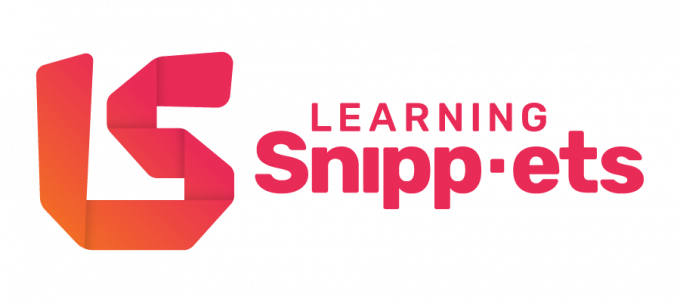This introductory-level program explores strategies for working on multigenerational teams. Through familiar workplace scenarios, it encourages learners to identify and challenge negative age-based biases and deepens their understanding of generational experiences. This program builds a foundational awareness of generational challenges, viewpoints, and strengths. It also emphasizes shared values and the universal need to feel understood and appreciated, both as a member of a generation and as an individual.
Dialectic helps organizations improve the way people work, learn, and collaborate through person-centred design and the latest in social science.

Does your team struggle with learning new soft skills?
Use our app or upload Snippets to your LMS to build better habits in minutes with scenario-based microlearning.
© 2025 Dialectic. All rights reserved. | Contact Us | Privacy Policy | Terms of Use | AODA Statement
See how easy it is to activate soft skills in your organization. Soft skills training on 3 key topics: DEI, Leadership, and Collaboration.